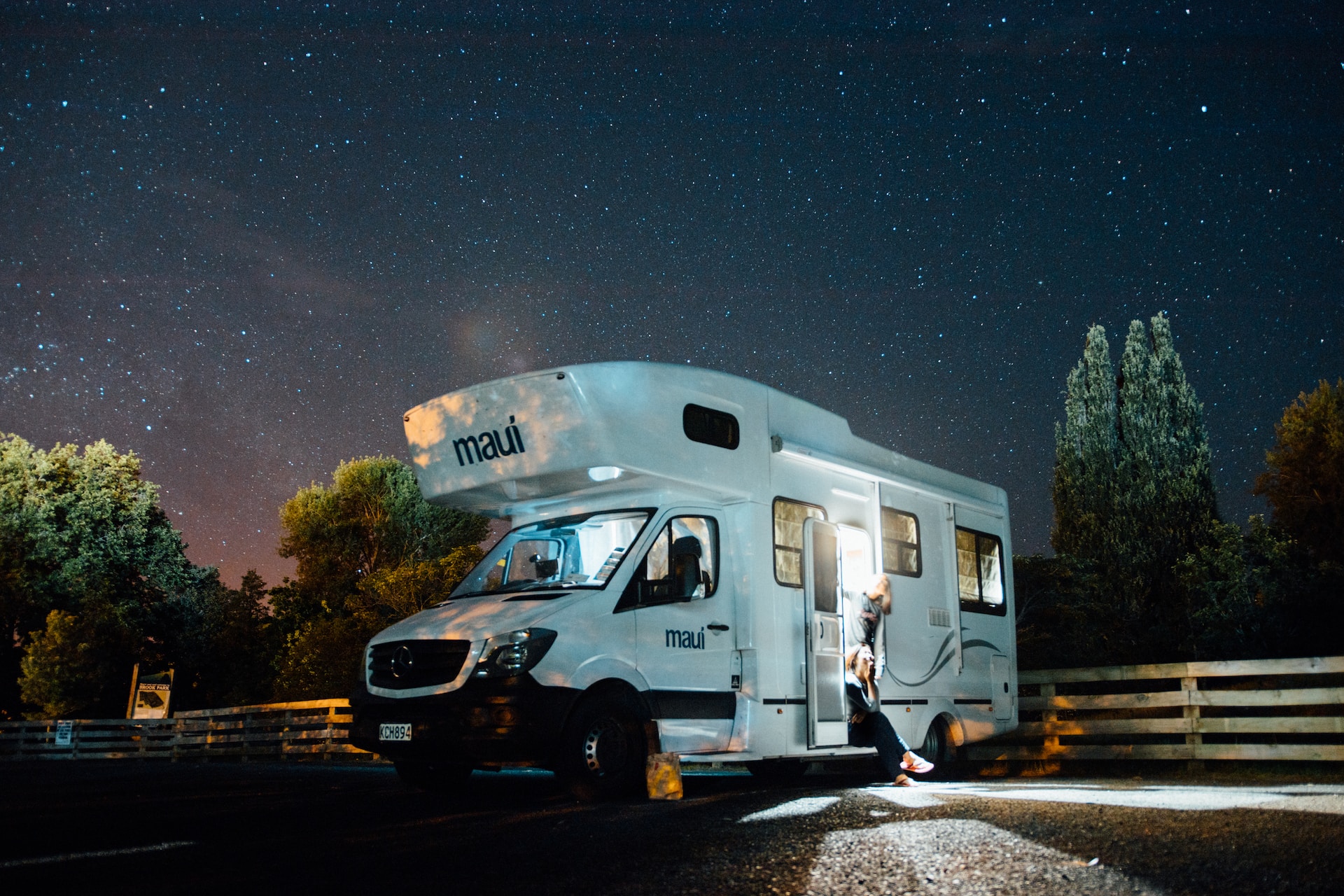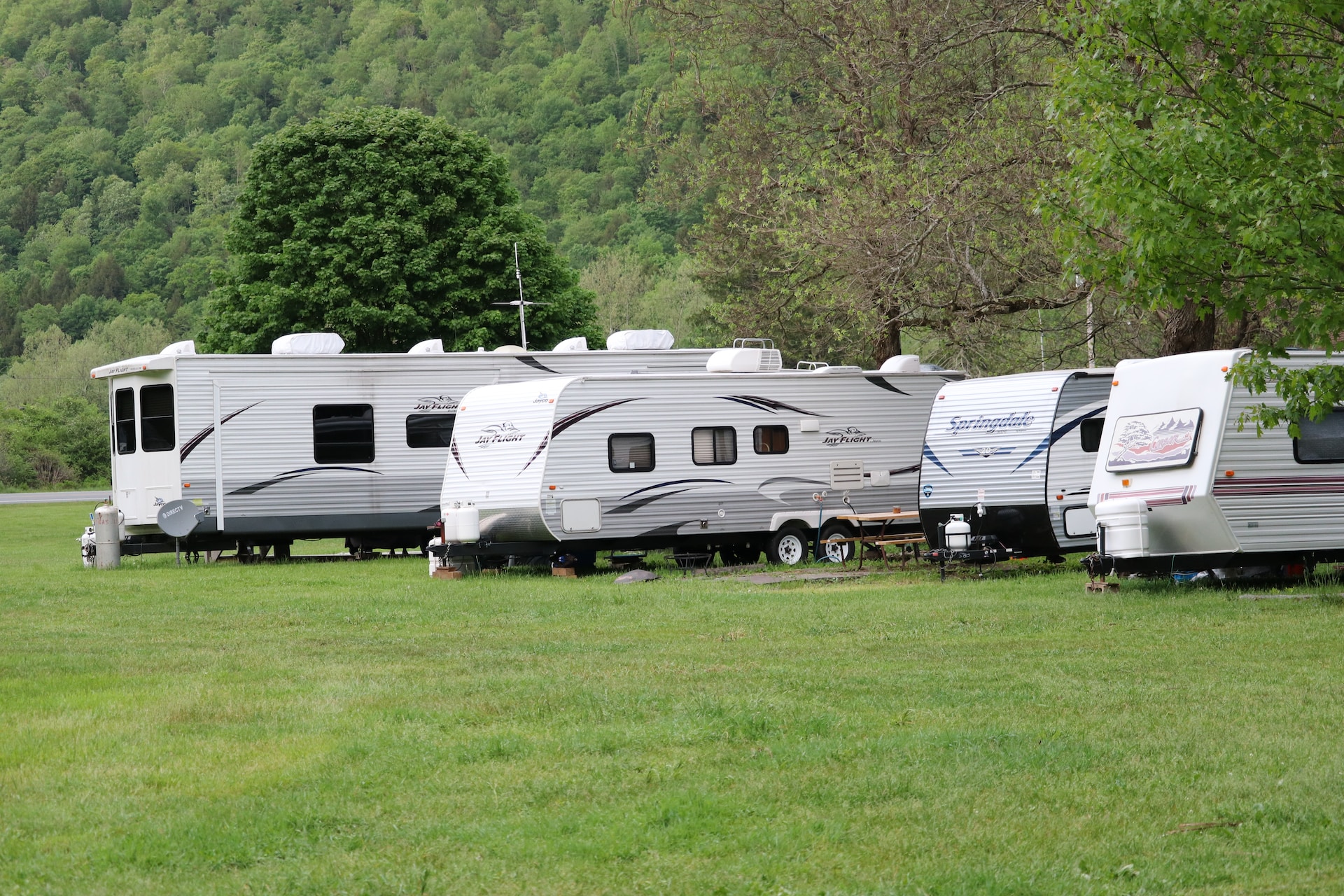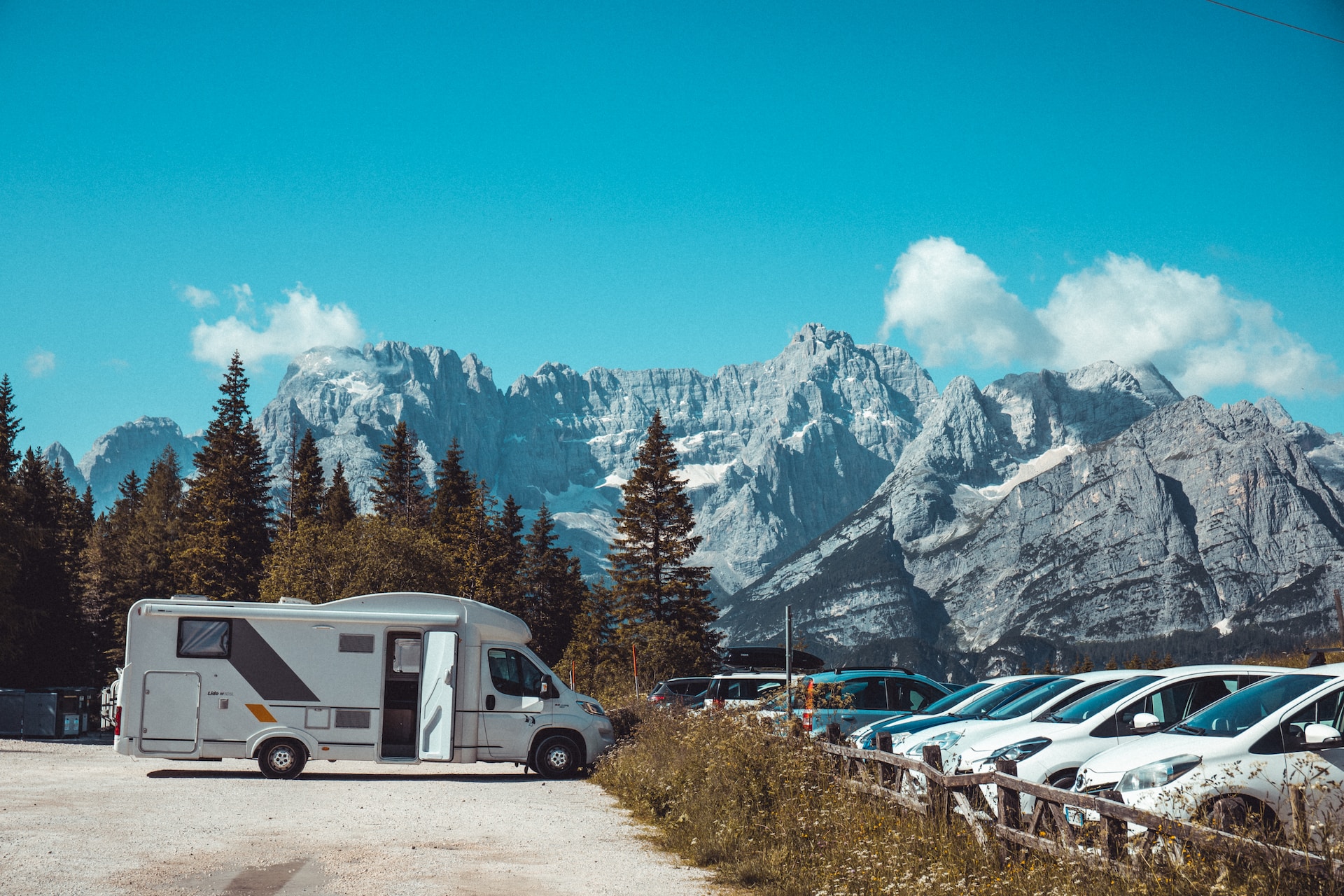The number of digital nomads in the US has increased over the last three years and reached 17.3 million as of mid-2023. The flexibility of working from anywhere has also increased the popularity of RVs.
However, along with the joy and adventure of living life on wheels, RV owners must consider the importance of safety and security measures to safeguard their homes on the go.
According to recent statistics, instances of theft and security breaches involving RVs have seen a steady rise. This involves a deeper understanding of improving security systems and safety precautions specifically for these mobile homes.
Table of Contents
- Safety tips for RV owners
- Securing the RV when parked
- Personal safety while traveling
- Other safety measures
- Understanding RV security systems
- Types of RV security systems

Safety tips for RV owners
From choosing safe parking spots to employing locks and precautions against theft, these measures provide protection to the RV. Personal safety on the move is crucial, emphasizing the importance of being alert in unfamiliar surroundings.
Securing the RV when parked
Choosing safe parking spots is key for a secure travel experience. Opt for well-lit and populated areas, preferably with surveillance. Consider camping spots in RV parks or locations with dedicated security staff. Lock all doors and windows before leaving your RV unattended, and invest in wheel and hitch locks.
Personal safety while traveling
Create an emergency preparedness kit with essentials like first aid supplies, non-perishable food, water, flashlights, and a portable charger. Stay alert of your surroundings and be careful when interacting with strangers, maintaining a healthy balance between friendliness and safety. Should you possess other valuable items, installing securely bolted vehicle safes within your RV offers an additional security layer. These safes are engineered to be both discreet and tamper-resistant, ensuring that important documents, jewelry, and electronics remain protected from theft. When selecting a safe, it’s crucial to choose one that aligns with your specific needs regarding size, locking mechanism, and security level. Remember, the objective is to deter potential thieves and safeguard your valuables, even when you are not present.
Other safety measures
Installing smoke and carbon monoxide detectors in your RV can be lifesaving, alerting you to potential dangers and allowing you to take action. Have a fire extinguisher handy and ensure all the occupants know where it is and how to use it in emergencies.

Understanding RV security systems
There are a lot of security systems to enhance your RV security. From smart cameras to GPS trackers, research each and pick the one that best fits your needs and budget. All security systems have different benefits and challenges, and they vary in features, costs, installation, and maintenance.
Types of RV security systems
Alarms systems
- Benefits
- Stop intruders: Alarm systems are a visible obstacle, dissuading potential intruders from attempting unauthorized entry into your RV
- Immediate alerts: These systems provide instant alerts when triggered, notifying you of any potential breaches. This allows for a quick response, potentially preventing theft or damage
- Challenges
- False alarms: Sometimes, environmental factors or accidental triggers can lead to false alarms, causing inconvenience and potential annoyance to both the owner and nearby neighbors.
- Reliance on power supply: Alarm systems often rely on a consistent power supply. In the case of power outages or battery failure, the effectiveness of these systems may be compromised
- Cost and considerations
- Complexity: Basic alarm systems with standard features might be more affordable, while more sophisticated systems with additional functionalities, such as motion sensors, remote monitoring, or connectivity to mobile devices, can be more expensive
- Brand and quality: Reputable brands offering higher quality and reliability often come with a higher price tag. However, they may offer better customer support and advanced features
- Installation: Consider installation costs, especially if you’re not doing it yourself. Some systems might require professional installation, adding to the overall expense
- Subscription or monitoring fees: Some systems may involve ongoing subscription fees for monitoring services, which should be considered in the overall cost
- Maintenance
- Testing and inspection: Regularly test your alarm system to ensure it functions correctly. Check batteries, sensors, and connections periodically
- Software updates: If your system has software or firmware, keep it updated to the latest version to ensure optimal performance and security
- Professional service: Consider professional servicing annually or as recommended by the manufacturer to address any potential issues or maintain the system’s integrity
- Environmental considerations: Be mindful of the system’s environmental exposure, as extreme temperatures or moisture can impact its functionality. Clean them regularly and protect them from harsh conditions
GPS tracking devices
- Benefits
- Real-time location monitoring: GPS trackers offer real-time tracking and monitoring of your RV’s location. This feature is invaluable in case of theft, aiding in the recovery of the vehicle
- Geofencing capabilities: Many GPS devices allow users to set up geofences, creating virtual boundaries. Owners receive alerts when the RV enters or leaves these predefined areas.
- Remote accessibility: Some GPS systems provide mobile or web access, enabling owners to track their RVs from anywhere using smartphones or computers
- Challenges
- Signal disruptions: GPS signals can be disrupted in remote or obstructed areas, leading to temporary loss of tracking capability. Foliage, tunnels, or tall buildings may interfere with GPS accuracy
- Power source dependency: Most GPS devices require a power source. If the RV’s battery is disconnected or drained, the tracker’s functionality might be affected
- Cost and considerations
- Device type: Basic GPS trackers may have a lower initial cost, while more advanced models with additional features such as extended battery life, tamper alerts, or detailed reporting could be more expensive
- Subscription plans: Many GPS tracking services involve subscription plans for continued use. Consider monthly or annual fees for data access and monitoring services
- Installation and activation: These systems usually include the installation but evaluate any additional costs involved
- Features and compatibility: Consider the specific features you need, such as real-time tracking, historical route data, or compatibility with mobile devices, and ensure the chosen device meets those requirements
- Maintenance
- Battery check: If the device operates on a battery, ensure it’s charged or replace it as needed to maintain uninterrupted functionality
- Software updates: Keep the GPS device’s software or firmware up-to-date to benefit from the latest features, improvements, and security patches
- Signal and connectivity test: Periodically test the device’s connectivity and signal strength to ensure it operates effectively, especially after prolonged periods of disuse
- Weatherproofing and protection: Shield the GPS device from harsh weather conditions or potential damage. Make sure it remains protected and securely installed to maintain functionality
Surveillance Cameras
- Benefits
- Continuous monitoring: These cameras offer continuous monitoring, providing RV owners with real-time visual access to their vehicle’s surroundings, even when they’re away
- Evidence collection: In case of incidents such as theft, accidents, or unwanted intrusions, surveillance footage serves as invaluable evidence for insurance claims or legal purposes
- Challenges
- Installation complexity: Mounting and setting up surveillance cameras may require technical knowledge. Finding optimal positions to cover blind spots while ensuring weather resistance and power supply
- Connectivity issues: In remote areas or locations with poor internet connectivity, accessing live streams or stored footage remotely may cause difficulties
- Cost and considerations
- Camera quality: Higher resolution cameras with additional features like night vision, motion detection, or pan-tilt-zoom functionalities generally come at a higher cost
- Number and type of cameras: Consider the number of cameras needed and whether you prefer wired or wireless options. Wireless cameras might be more convenient but can have limitations regarding signal strength and range
- Storage options: Cloud-based storage solutions often involve monthly subscription fees. On the other hand, local storage solutions like SD cards or hard drives might require additional upfront costs
- Installation and maintenance: Professional installation might come with added costs
- Maintenance
- Regular inspections: Check cameras periodically for physical damage, proper alignment, and cleanliness to maintain clear and unobstructed views
- Testing and connectivity: Ensure cameras are connected and transmitting footage properly. Regularly test remote access to confirm it’s functional
- Software/firmware updates: Keep camera software or firmware updated to benefit from improvements, security patches, and new features
- Power and weatherproofing: Ensure a stable power supply and weatherproof housing to protect cameras from environmental elements, ensuring their longevity

While you enjoy the nomad life traveling in your RV, make sure to keep safe and secure. By taking simple steps and using good security tools, you can feel confident that you



